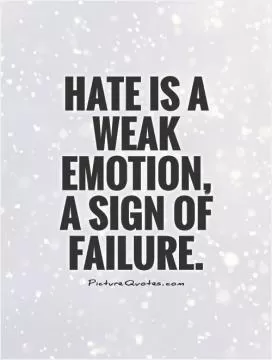Don't start drama and then say you hate drama

Don't start drama and then say you hate drama
Drama words are often used to describe situations where conflict, tension, or controversy arises between individuals or groups. It can manifest in various forms, such as gossip, rumors, arguments, or emotional outbursts. While drama can be entertaining or cathartic for some, it can also be draining, toxic, and destructive.One common phenomenon in the realm of drama is when individuals actively contribute to or instigate drama, only to later claim that they hate drama. This behavior is contradictory and hypocritical, as it involves creating or exacerbating conflict while simultaneously disavowing any responsibility for the negative consequences that result.
People who engage in this type of behavior may do so for a variety of reasons. They may seek attention, validation, or a sense of power by stirring up drama and manipulating others' emotions. They may also use drama as a distraction from their own insecurities, fears, or shortcomings. In some cases, individuals may simply lack self-awareness or emotional intelligence, leading them to act impulsively or irresponsibly without considering the impact of their actions on others.
Regardless of the underlying motivations, the cycle of creating drama and then disavowing it can be harmful to relationships, communities, and individuals' mental health. It can erode trust, breed resentment, and create a toxic environment where conflict and negativity thrive. Moreover, it can perpetuate a culture of gossip, backbiting, and manipulation that undermines genuine communication, empathy, and connection.
To break free from this destructive pattern, individuals must take responsibility for their actions and their impact on others. They must cultivate self-awareness, emotional intelligence, and empathy to understand the consequences of their words and behaviors. They must also practice healthy communication, conflict resolution, and boundary-setting to prevent drama from escalating and causing harm.












 Friendship Quotes
Friendship Quotes Love Quotes
Love Quotes Life Quotes
Life Quotes Funny Quotes
Funny Quotes Motivational Quotes
Motivational Quotes Inspirational Quotes
Inspirational Quotes